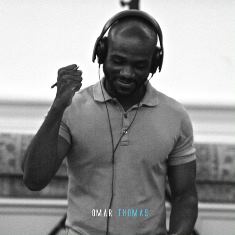I thoroughly enjoyed this interview with award-winning composer, Omar Thomas, about his new album, 'We Will Know', a monumental work of art that breathes new life into the word "movement". Inspired by the popular civil rights protest song, "We Shall Overcome", Omar has just gifted the (U.S.) LGBT civil rights…
-
-
My Straight African Brother’s Reflections on a Very Queer Christmas: “Two Couples and a Sibling”
My brother wrote this guest post for me for Christmas and I couldn't be any more moved. For any of you feeling hopeless about your families coming around, I want you to read this and see this as your future, see this as where your own family members could go.…

